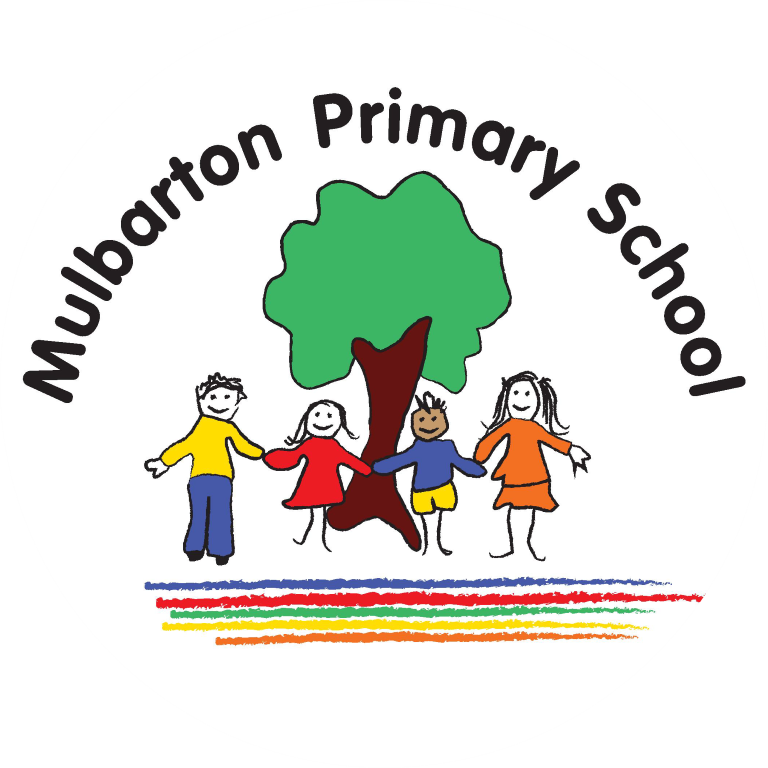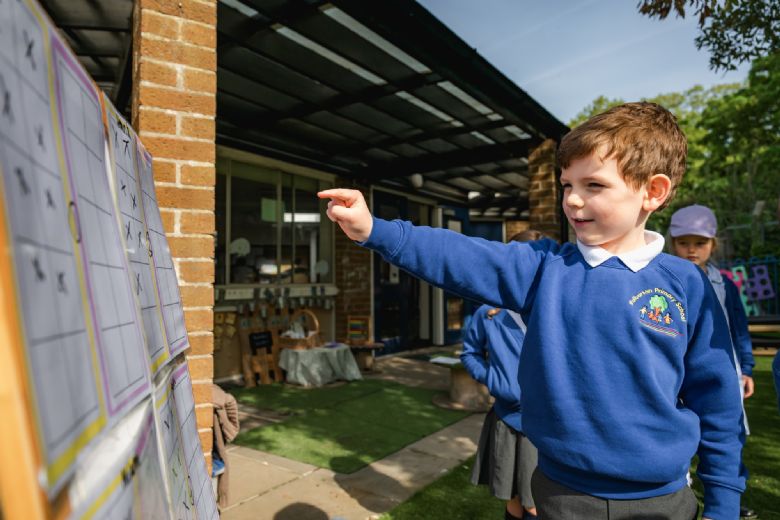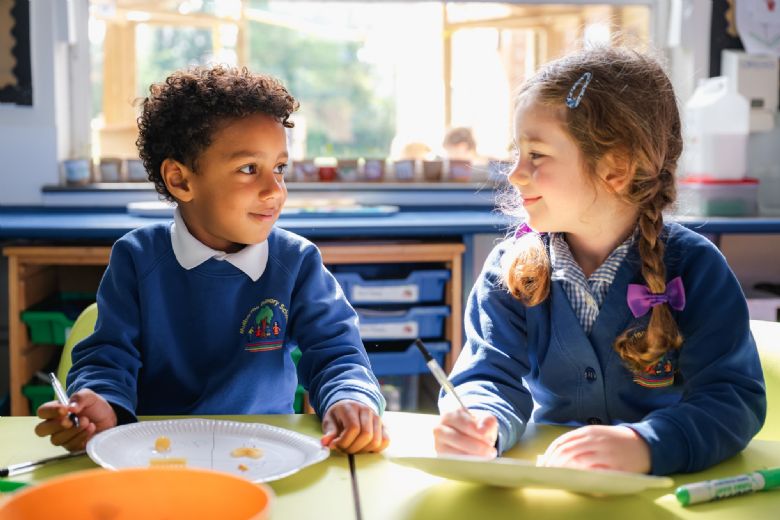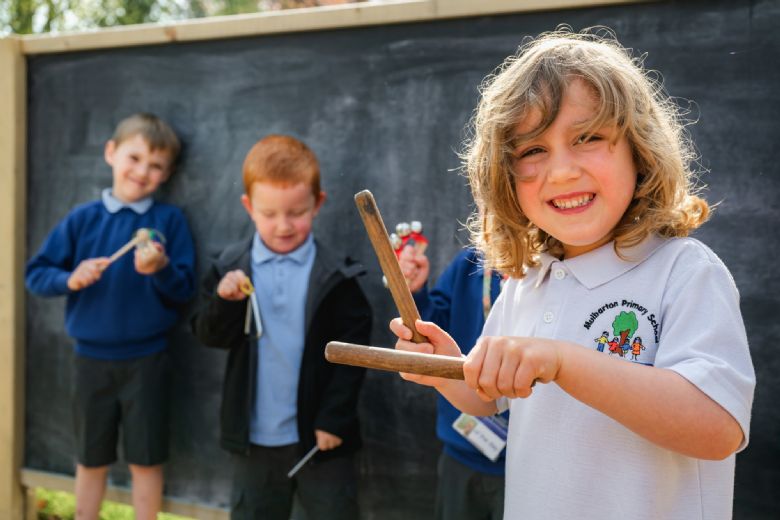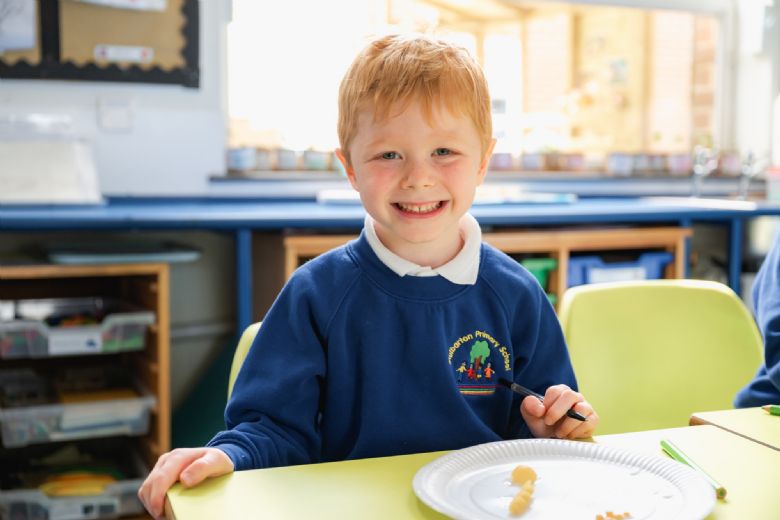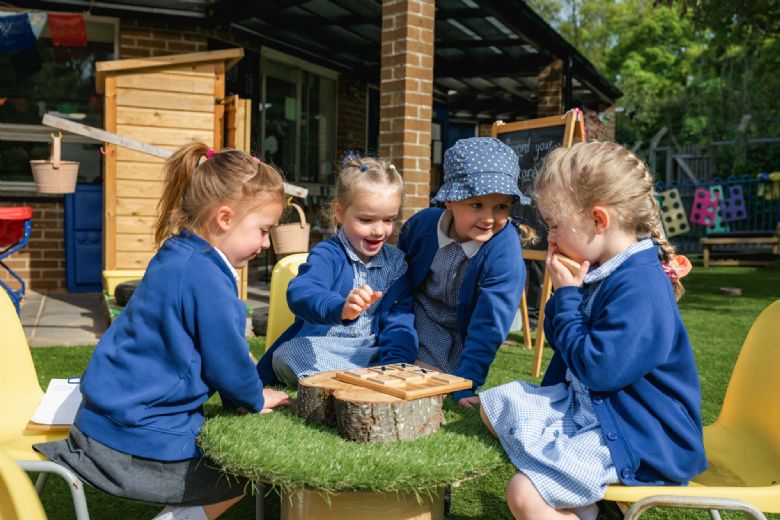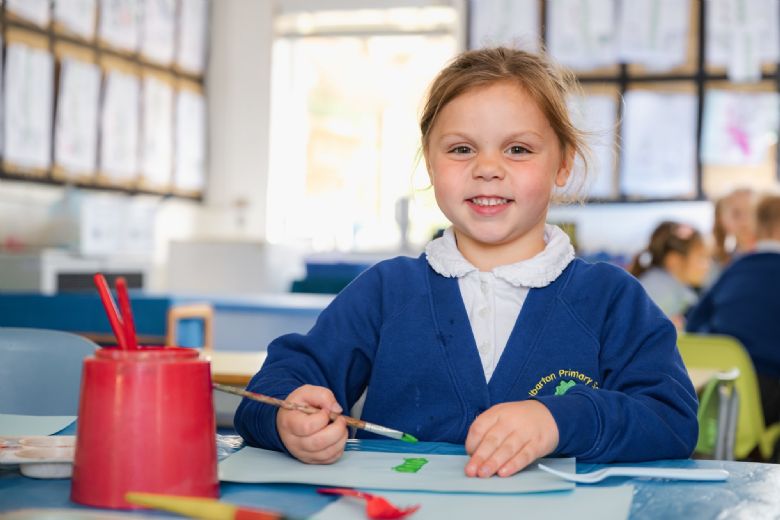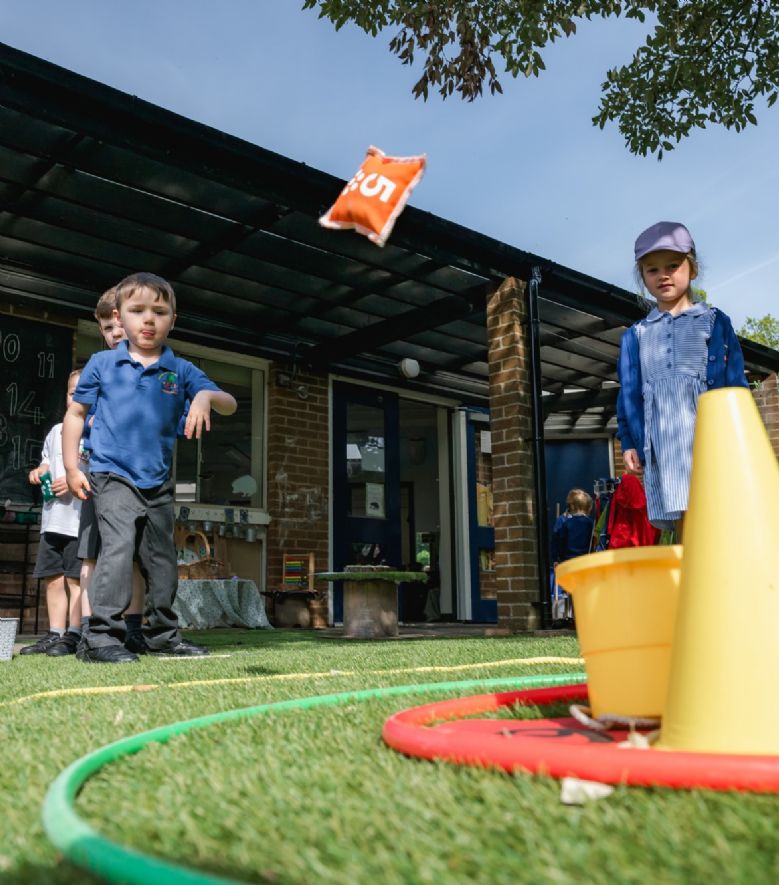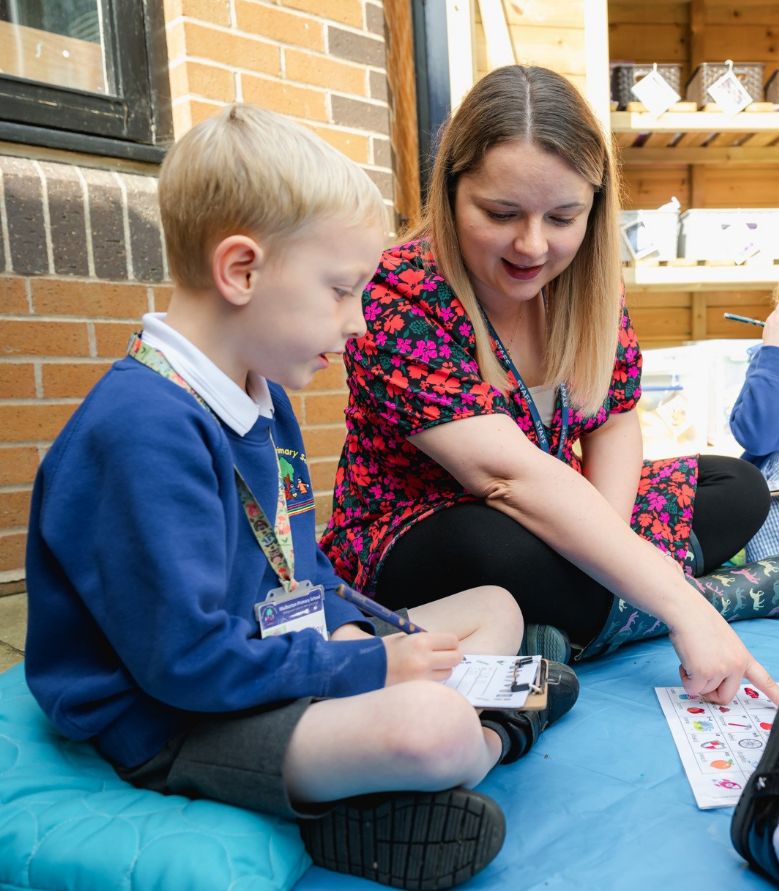Early Years
|
|
|
|
Our early years setting follows the curriculum as outlined in the 2023 statutory framework of the EYFS. 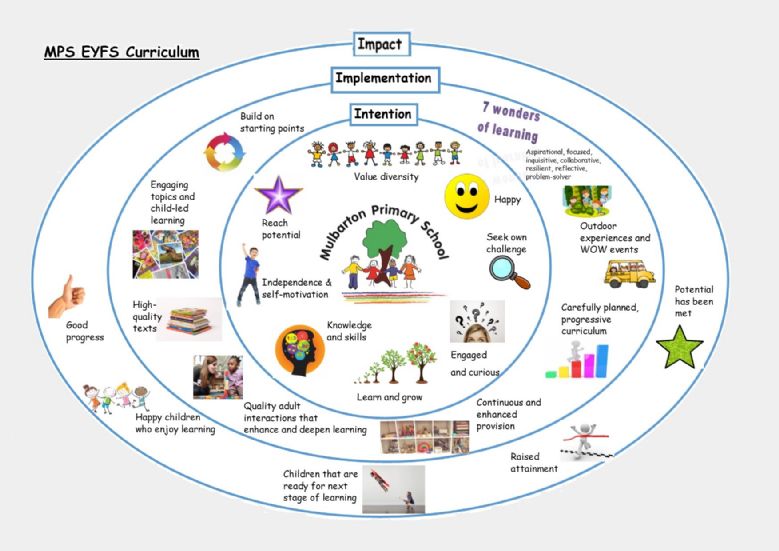
The EYFS framework includes 7 areas of learning and development that are equally important and interconnected. However, 3 areas known as the prime areas are seen as particularly important for igniting curiosity and enthusiasm for learning, and for building children’s capacity to learn, form relationships and thrive.
The prime areas are:
-
Personal, social and emotional development
-
Physical development
-
Communication and language
The prime areas are strengthened and applied through 4 specific areas:
-
Literacy (Reading & Writing)
-
Mathematics
-
Understanding the world
-
Expressive arts and design
|
|
|
|
Personal, social and emotional development
We strive to enable children to be safe, happy and independent. We also encourage self-regulation as much as possible and introduce rules and boundaries through modelling good behaviour. We teach the children about our ‘7 Wonders of Learning’ and the use the PATHs scheme of work. As part of the PATHs scheme, we have a ‘child of the day’ who sits in a special chair, completes special jobs and receives compliments from their teachers and friends. Emotions and feelings are often explored using a story-based approach.
Physical Development
Our stunning outdoor environment and woodland area enables us to make the most of the outdoors, and we encourage children to play outside as much as possible. Our intention is that children will develop their gross motor skills and learn how to take measured risks when using large construction, woodwork benches and loose parts in the woodland. They also have a weekly session using the bikes and the adventure playground. There is a well-established and comprehensive PE curriculum (Get Set 4 PE), which includes dance & movement, stretching & flexibility, and fundamental PE skills. Fine motor skills are developed through daily ‘dough disco’ sessions and ‘funky finger’ activities.
Communication and Language
Children are encouraged to listen and communicate appropriately. We enhance the provision areas to reflect the focus topic. Enhancements include role-play, small-world and story-making opportunities. This helps children to learn and use new vocabulary introduced through the topics. British Sign Language signing is used by staff when exposing children to ambitious vocabulary. Children are encouraged to ask questions and contribute to whole-class and group discussions whenever possible. The intervention WellComm is used to identify and target specific needs with communication and language.
Reading
We aim to teach children to read and develop a love of books as soon as they arrive at school, and books are used to teach topics and to enhance our whole curriculum.
We follow a systematic approach to teaching phonics through a scheme called Rocket Phonics which is based on Letters & Sounds. Phonics lessons are taught daily for 25 minutes. Same day intervention is used to support children who need extra phonics catch-up. In addition to daily phonics, children are heard reading by an adult at least twice a week. They read a high quality, decodable book based on the phonics phase being taught (individually and as part of a guided reading group). Children are encouraged to take home an age-appropriate book from our school library once a fortnight. Teachers read stories from high quality age-appropriate texts at every opportunity. These books are then used to enhance the learning environment.
Writing
We introduce writing straight away and teach handwriting alongside the Rocket Phonics / letters and sounds curriculum. Each child has a Rocket Phonics pupil practice booklet where they are taught print letter formation, apply sounds by writing words and, later in the year, sentences. Guided writing activities are also taught, including Writing Club sessions. Writing club is based on the concept of Drawing Club developed by Greg Botrill. It involves introducing ambitious vocabulary, reading a short story or watching an animation, drawing a picture (character, setting or imagination time), and writing a code. At the start of the year, the code might be one or two individual letter sounds but, as the year progresses, this turns into words, short phrases and then full sentences. Children are also encouraged to write in provision. They are provided with writing baskets containing gel pens, note pads, cards and envelopes, a range of pencils and other stationary. Fine motor activities are provided daily, including Dough Disco.
Mathematics
Children are taught maths through whole-class teaching, songs and games. We also use maths enhancement activities in the different areas of the classrooms, including the outdoors. The aim of the maths curriculum is to teach children to subitise numbers to ten automatically as soon as possible. We want to ensure children have a better understanding of one-digit numbers before they move on to place value, calculation and arithmetic later in the year. At MPS, we use the White Rose scheme and a range of practical resources, including Numicon. Children also learn shape, space and measure skills and knowledge through enhanced provision activities. Those children who need extra support with mathematics are targeted through additional intervention where necessary.
Knowledge and Understanding of the World
We strive to give children knowledge about the world around them at MPS and the rest of the wider world. We are fortunate to be able to explore the natural environment and to make observations of animals and plants within our extensive school grounds, Reception woodland area and by visiting the Mulbarton Common. All our topics have a science element and connect well to the changing seasons. Geography and History are both taught through topics/themes. For example, life cycles of animals and plants are investigated within the topic Sunshine and Sunflowers and an understanding of the past is explored through stories within the topic Once Upon a Time. RE is taught throughout the year. We pride ourselves on being investigation-led and giving children hands-on experiences.
Expressive Arts and Design
At MPS, we want our children to sing songs, make music, dance and perform with confidence. We have regular music lessons using the scheme Charanga, a stage area with instruments and dress-up clothes, a home corner and role-play, and we often perform our stories to each other that were written as part of story scribing. In art and design, we explore different artists, complete regular craft activities, woodwork, and encourage child-initiated activities during continuous provision within our creative areas. Children are taught how to safely use and explore a variety of materials, tools and techniques, experimenting with colour, design, texture, form and function.
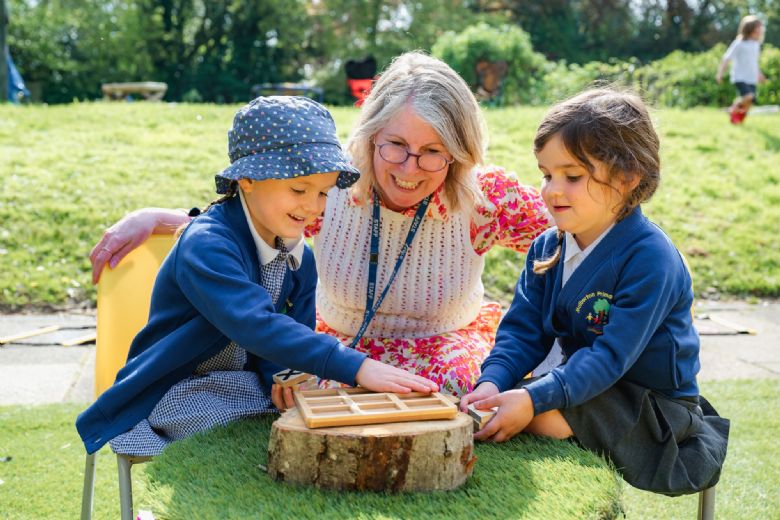 |
|
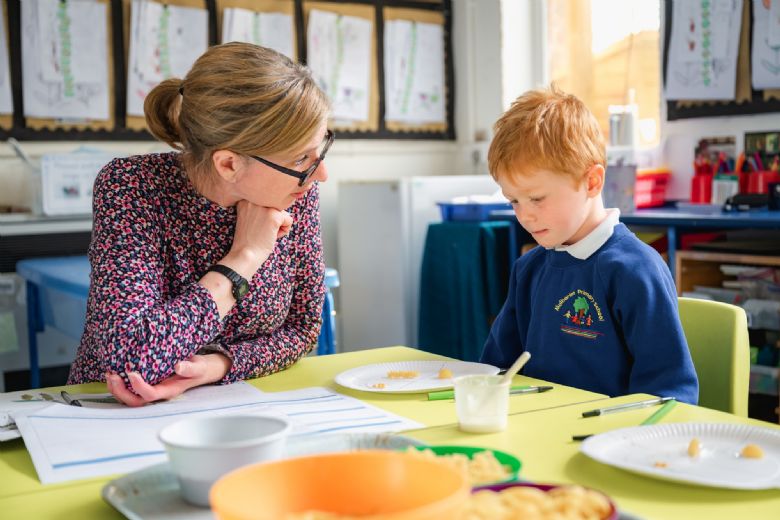 |
Quotes from our most recent Ofsted report:
Leaders’ recent and ongoing astute evaluation means children in the early years get a strong start to their education."
"Children receive clear, engaging explanations about words and ideas."
"Staff share useful information with parents. This helps parents support their children’s reading and further learning at home."
"Children present as confident, independent learners.- OFSTED, 2022
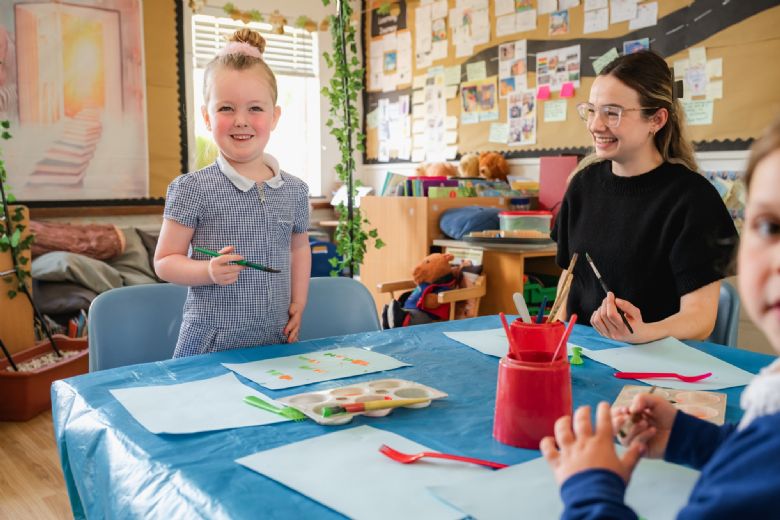 |
|
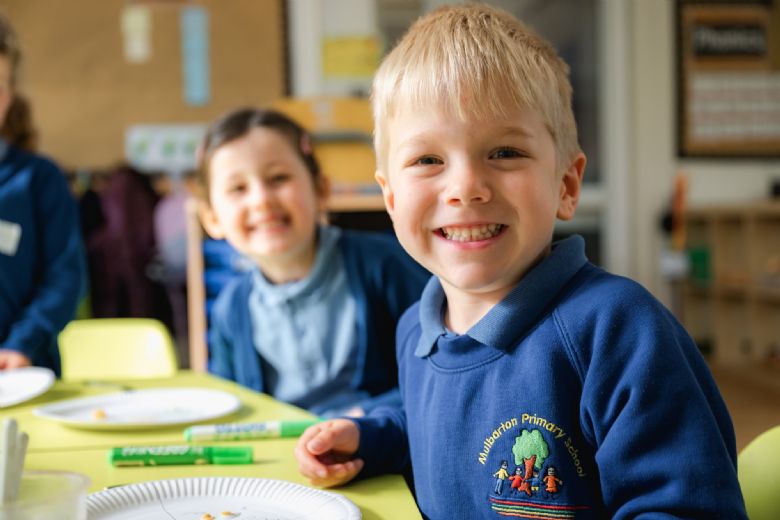 |
